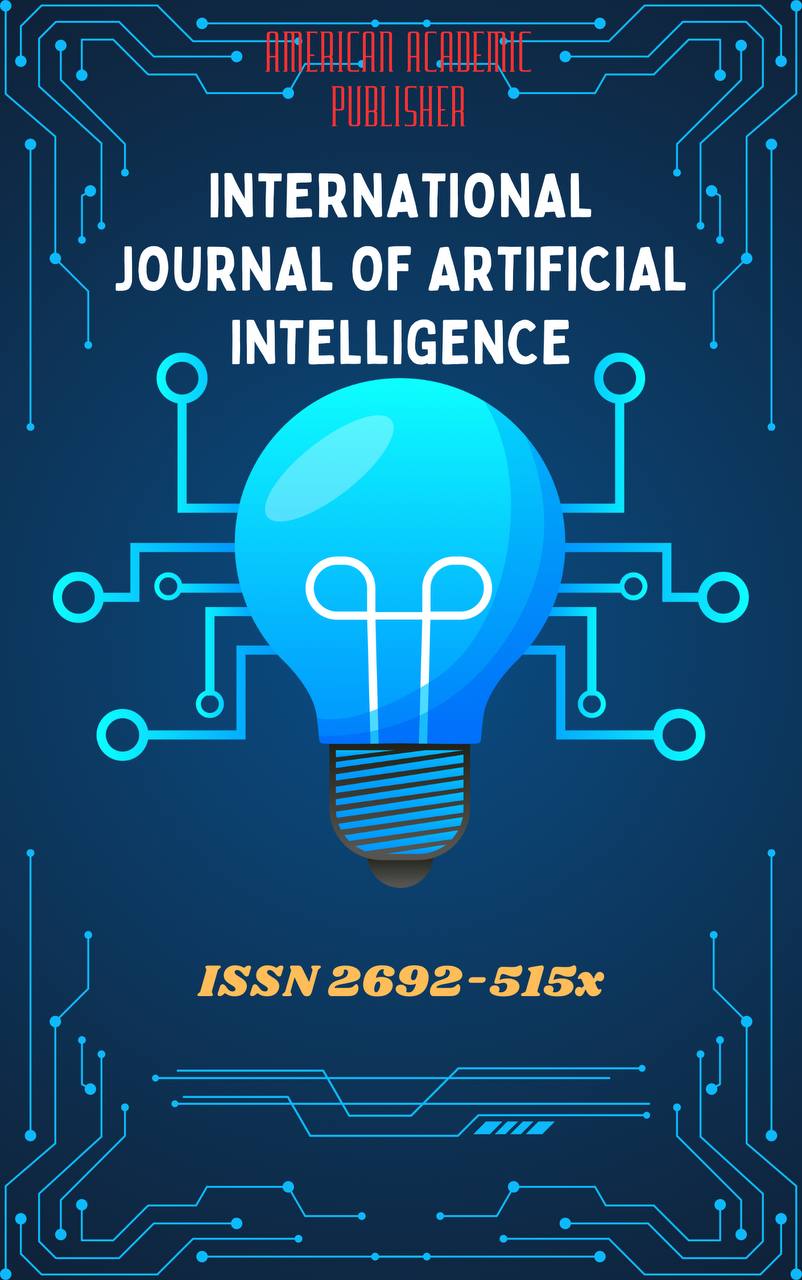 Articles
| Open Access |
Articles
| Open Access | MODERN PEDAGOGYS USE OF ARTIFICIAL INTELLIGENCE AND NEW TECHNOLOGIES TO DIGITIZE EDUCATION
Zaripova Gulsora Israilovna , Samarkand College of Tourism and Cultural HeritageAbstract
The rapid development of digital technologies has revolutionized various sectors, and education is no exception. This paper explores the digitalization of education, focusing on the role of online platforms, innovative technologies, and the application of Artificial Intelligence (AI). The integration of AI and digital tools has the potential to transform traditional learning methods, making education more accessible, personalized, and efficient. The paper also examines the challenges and opportunities that come with digitalization, and how educators, students, and policymakers can adapt to this evolving landscape.
Keywords
Digitalization, Education, Online Platforms, Innovative Technologies, Artificial Intelligence, E-learning, Educational Transformation
References
Christensen, C. M., Horn, M. B., & Johnson, C. W. (2008). Disrupting Class: How Disruptive Innovation Will Change the Way the World Learns. McGraw-Hill.
Anderson, T. (2013). The Theory and Practice of Online Learning. Athabasca University Press.
Luckin, R., Holmes, W., Griffiths, M., & Forcier, L. B. (2016). Intelligence Unbound: The Interplay of Human and Artificial Intelligence in Education. Springer.
Garrison, D. R., & Vaughan, N. D. (2008). Blended Learning in Higher Education: Framework, Principles, and Guidelines. Wiley.
Beetham, H., & Sharpe, R. (2013). Rethinking Pedagogy for a Digital Age: Designing for 21st Century Learning. Routledge.
Holmes, W., Bialik, M., & Fadel, C. (2019). Artificial Intelligence in Education: Promises and Implications for Teaching and Learning. Center for Curriculum Redesign.
Article Statistics
Downloads
Copyright License

This work is licensed under a Creative Commons Attribution 4.0 International License.

